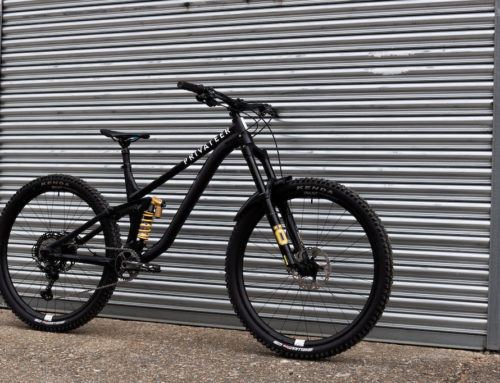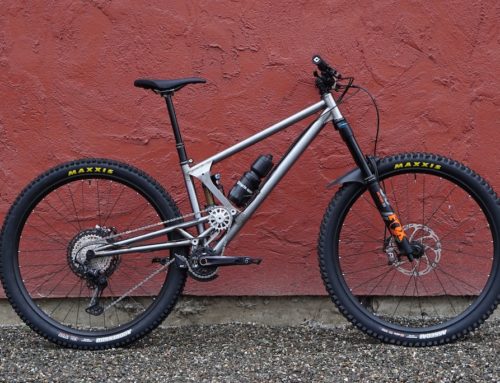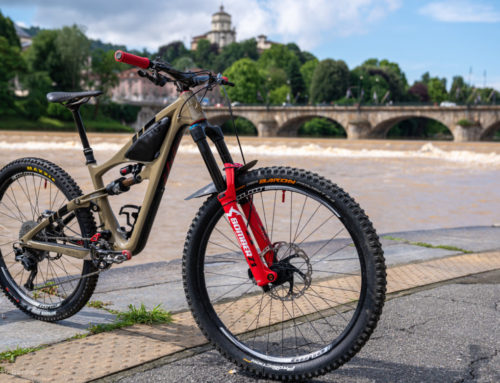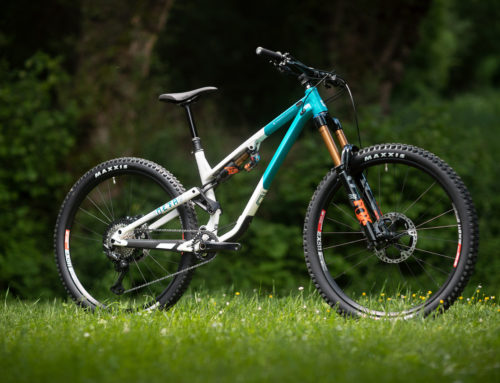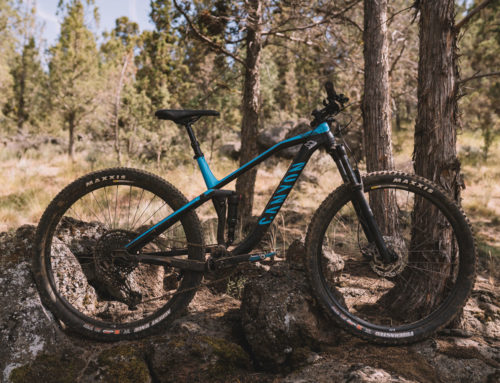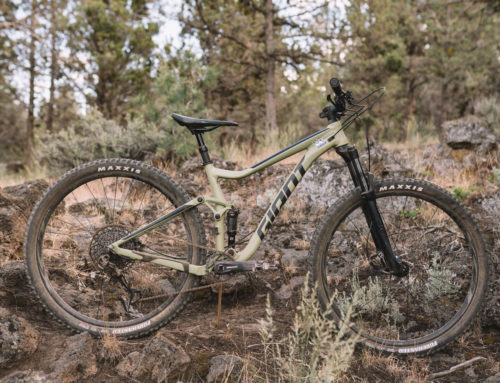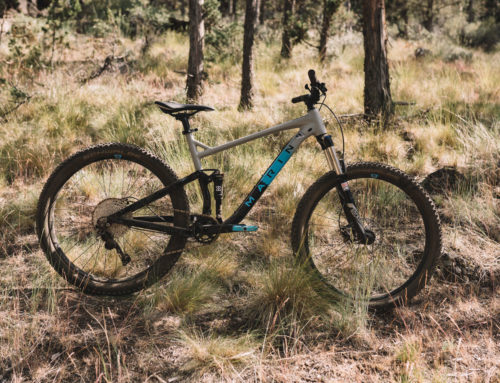Three thousand dollars. For an Ibis. That’s pricing that competes with consumer-direct brands, except you get to walk into a shop, squeeze the brake levers and buy it off the floor. Plus, you don’t have to handle the build or suspension set-up yourself, or wonder what to do if something goes pear-shaped. At $1,400 less than the entry-level carbon Ripmo, it represents a significant savings. The real question is: Does it offer Ripmo-level performance, or is it diluted and saddled with compromise. For its metal transformation, Ibis took a degree off the head angle, added a couple millimeters to the reach and rear travel, and more importantly, revised the kinematics to play well with coil shocks.
Our test bike came outfitted with the DVO Topaz T3 air shock, and while it’s an excellent shock that lent an air of playfulness, we all agreed that we would’ve been eager to have a go on a DVO Jade coil-equipped version, which by the way, is only a $100 upgrade. On the topic of suspension, we love the fact that Ibis puts a big emphasis on performance and specs the same high-level DVO fork and shock throughout the range. This is great, as it leaves the less-expensive bits that were necessary at the NX price point as easy upgrades, like the dropper-post remote, which is first on the list to go. The post itself was fine, although 150 millimeters of travel is short for a large frame these days. Second on the list would be the brakes, and since the Guide lineup all basically share the same four-piston caliper technology, they are only a lever upgrade away from better feel and more adjustability. Overall, the spec was spot- on, and it was especially nice to see the Maxxis Assegai tires with the EXO+ casing, which are quickly becoming staff favorites. Of course, if that’s a little too meaty for your diet, you can opt for a lighter-duty Schwalbe combo. You can also opt for Ibis’ S28 or S35 carbon hoops for an extra $800. To that, you can add Industry Nine Hydra hubs for another $500. Customization, that’s a nice little perk thanks to Ibis bikes being assembled in-house in Santa Cruz, California.
[continued...]

